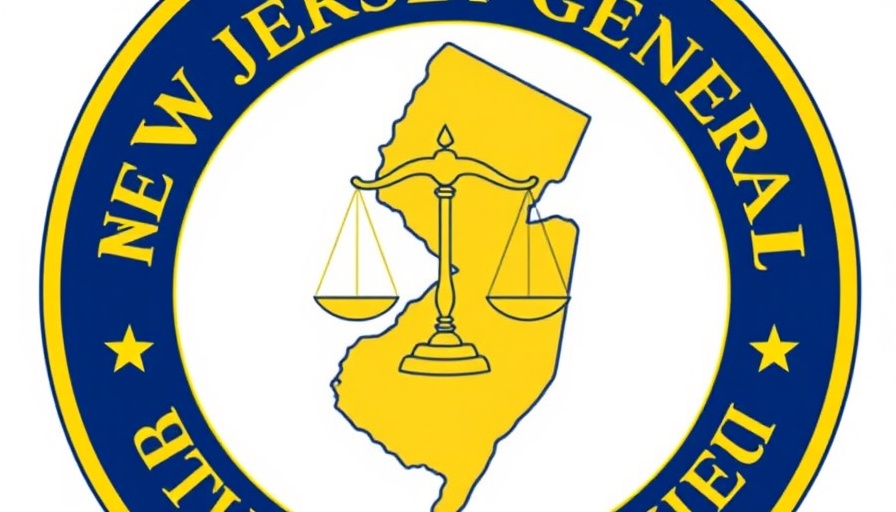
New Jersey Joins Coalition to Challenge Medicaid Funding Cuts
In a bold move, New Jersey Attorney General Matthew J. Platkin announced the state's participation in a high-stakes lawsuit against a federal law provision that blocks Medicaid funding for Planned Parenthood. New Jersey, alongside 21 other states and the Governor of Pennsylvania, is aiming to challenge this recent ruling that could have significant implications for public health access in the state and nationwide.
Understanding the Push Against the Federal Provision
The lawsuit centers around a clause in the so-called "Big Beautiful Bill," which prohibits Medicaid reimbursements for various crucial services offered at Planned Parenthood health facilities, including cancer screenings, STI testing, and wellness exams. Advocates swiftly argue that limiting these vital services may not only strain individuals seeking care but also increase health risks in communities that already face challenges accessing healthcare.
Potential Health Impact on Vulnerable New Jersey Residents
New Jersey is home to 20 Planned Parenthood centers that serve tens of thousands of low-income residents through NJ FamilyCare, the state's Medicaid program. Platkin stressed the dependence of many New Jerseyans on these centers for preventive health care, stating, "This provision could make those services significantly harder to access for many of our most vulnerable residents."
Legal and Public Health Ramifications
Proponents of the lawsuit believe that the federal measure violates the U.S. Constitution's Equal Protection and Spending Clauses. They warn that restricting funds to these essential services could exacerbate public health risks and lead to increased costs for other healthcare providers that may not be equipped to handle an influx of displaced patients. According to the Guttmacher Institute, cutting off funding could leave significant gaps in access to care for over 1.1 million people nationwide who rely on Planned Parenthood annually.
Statewide and National Impact
New Jersey's decision to join this legal challenge marks a concerted effort by multiple states to push back against perceived federal overreach. The coalition includes states like California, New York, and Illinois, emphasizing the widespread concern about the future of reproductive health services amid funding cuts. As a federal district court has already granted a preliminary injunction against this provision in a related case, the outcome of this lawsuit is awaited by advocates across the country.
 Add Row
Add Row  Add
Add 



Write A Comment